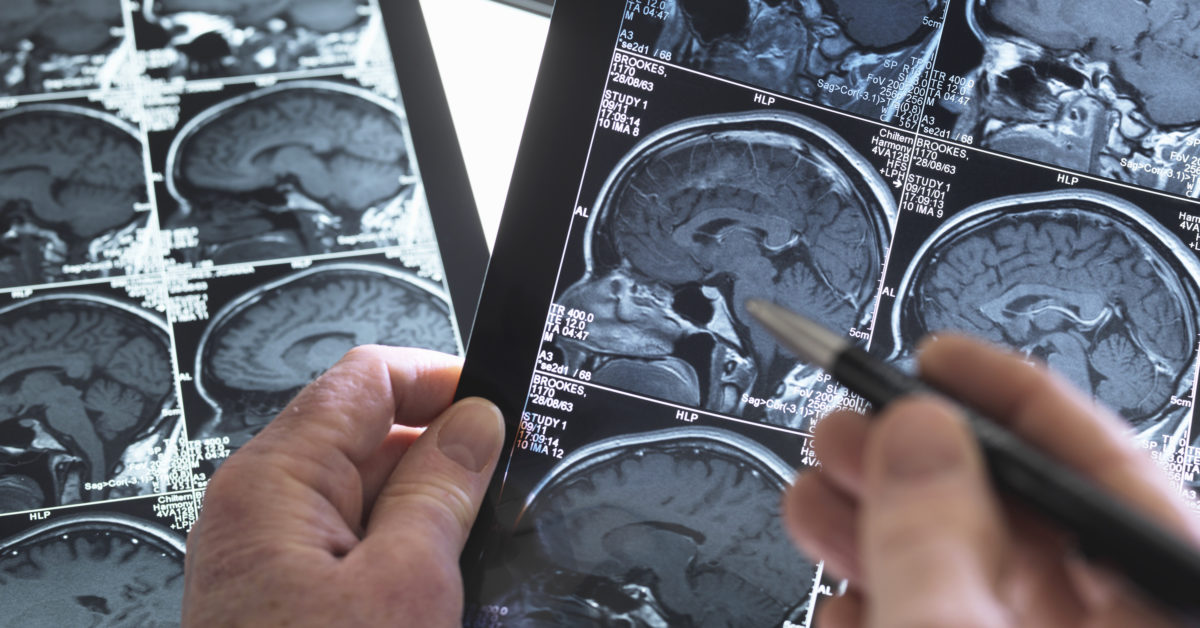A new report of COVID-19 patients referred to a neurological hospital in the United Kingdom describes complications including delirium, brain inflammation, and stroke.

Viral infections can impact the brain, even if the virus has not directly infected brain tissue. For example, inflammation of the brain, or encephalitis, most often results from a viral infection.
These infections usually cause mild, flu-like symptoms, but when they affect the brain, the issues can be severe.
At around the same time as the 1918 flu pandemic, there was an epidemic of encephalitis lethargica, or “sleeping sickness.” Between 1917 and 1927, millions of people likely developed this issue worldwide. Many of the survivors experienced lasting behavioral changes and extreme lethargy. Some lived in catatonic states.
Previously, some researchers have observed a link between infections with SARS-CoV and MERS-CoV — the coronaviruses that cause SARS and MERS, respectively — and signs of damage within the central nervous system.
Stay informed with live updates on the current COVID-19 outbreak and visit our coronavirus hub for more advice on prevention and treatment.
The new coronavirus has also been associated with neurological symptoms. However, our understanding of the neurological consequences of COVID-19 remains in its early stages.
A recent report, led by experts from the Institute of Neurology at University College London, describes cases of delirium, brain inflammation, stroke, and nerve damage associated with COVID-19.
The authors say that their report, which is published in the journal Brain, provides a template to help researchers around the world improve the diagnosis and treatment of the neurological complications of COVID-19.
The study describes the experiences of 43 people with suspected or confirmed COVID-19 who were referred to the National Hospital for Neurology and Neurosurgery, in the U.K. The group had a wide age range of 16–85 years.
The study team analyzed both the clinical features and the results of brain scans and laboratory tests, and it is the first to have done so in this context.
The report details 10 cases of temporary brain dysfunction, or encephalopathies, with delirium. These patients were mostly over 50 and presented with confusion and disorientation, with one patient experiencing psychosis.
A further 12 patients experienced inflammation of the brain. The majority of these people experienced a rare disorder called acute demyelinating encephalomyelitis (ADEM), which is triggered by viral infections and leads to damage of the myelin sheaths around nerves

